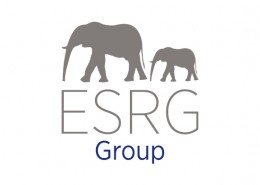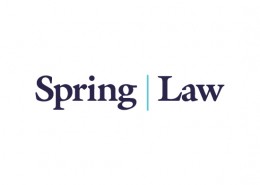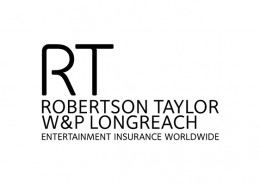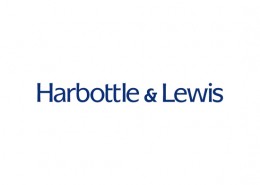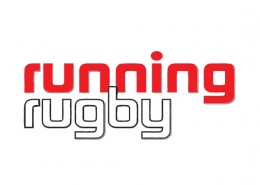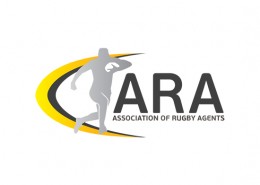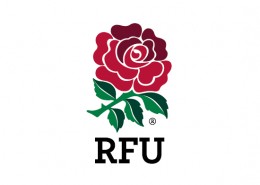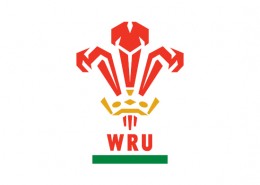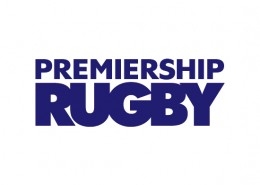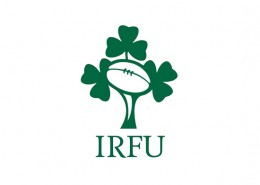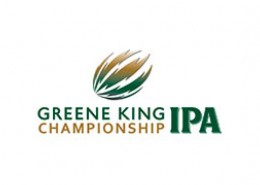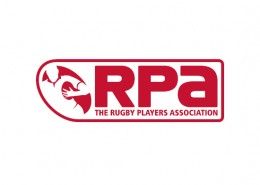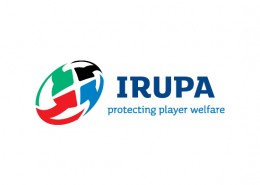New Tax Approach to UK Player Testimonials
An appraisal of the new situation by Anil Matharu and Sam Purkiss of Harbottle & Lewis
Player representatives, clubs and sports governing bodies have until 2 September 2015 to consult with HMRC to ensure that new plans to tax players on their income from testimonial matches and associated benefit events are fair and proportionate.
Where previously players would normally only pay income tax on testimonial monies received from their employer clubs, going forward all testimonials – including those run by independent testimonial committees on a player’s behalf – will give rise to an income tax liability. The proposed changes will affect anyone who is awarded a testimonial match or benefit event from 6 April 2016 onwards.
Current position
At the moment there is no specific UK income tax legislation that covers sports testimonials. HMRC guidance has long advised that any testimonial which is organised outside of the terms of a player’s employment contract and which is not part of a club custom will not create an income tax liability for the player.
However, where a player has a contractual right to a testimonial match or benefit event, or where the employer habitually grants a testimonial after a set period of service, the proceeds will be subject to income tax and National Insurance contributions because they are considered to be earnings from employment.
Proposed changes
HMRC now considers that its guidance regarding independently organised testimonials is not aligned with income tax principles, and that the increased commercialisation of testimonials for high-earning professional sportspersons is at odds with one of the original reasons for enabling such testimonials to be exempt from income tax: namely, to benefit the poor, amateur era sportsperson and as a way for supporters to demonstrate their gratitude to a loyal and long-serving player.
In October 2014, HMRC expressed its view that there has been “widespread misunderstanding” of their guidance. It argued that proceeds from testimonials, whether organised independently or by a player’s employer, are primarily derived from that player’s employment and that the sums received should normally be taxable and liable to Class 1 NICs as earnings, in line with the treatment applying to voluntary payments made by the public, such as tips given to waiters, hairdressers and taxi drivers, which is technically taxable income.
Consultation
HMRC is now seeking views from relevant stakeholders such as player representatives, clubs and governing bodies, regarding its proposals to legislate the tax treatment of such income. The consultation invites stakeholders to respond to nine questions regarding issues such as:
• Whether the government should introduce an exempt amount of testimonial earnings which are not subject to income tax or NICs
• Whether any exemption should apply for life or only for each sequence of sporting testimonials
• Whether any exemption should be capped
• Whether independent testimonial committees should be treated as the legal employer for the purposes of the testimonials to enable to them to offset their corporate tax liabilities.
Testimonial committees
Typically, testimonials and benefit events are organised by independent testimonial committees rather than the employer club itself. Such committees are set up as unincorporated associations and are accountable for corporation tax on the majority of the income derived, such as gate receipts (even where these and other income streams are described as a “suggested donation”). The net proceeds are then paid to the player.
Under the new proposals, testimonial committees will continue to be liable for corporation tax. There is therefore a risk of double taxation on the proceeds: Corporation tax to be paid by the committee and then income tax to be paid by the player. Mindful of this, HMRC has suggested that testimonial committees could be deemed to be the player’s employer for the purpose of calculating corporation tax on testimonial earnings, thereby allowing them to deduct “employment” related costs, such as the player’s fee, from the income.
Charitable giving
In recent years several high-profile footballers have donated most or all of their testimonial earnings to charity. HMRC has emphasised that the current tax relief applying to such arrangements will not be affected.
Our analysis
While the underlying legal basis for changing the guidance may be well founded, some of the rationale given by HMRC for the proposed change appears contrived. The suggestion that there has been a “widespread misunderstanding” of the guidance regarding the taxation of independently organised testimonials could be seen as acknowledgement that the guidance itself was ambiguous and always open to creative interpretation. Similarly, the argument that players agreeing under their employment contracts to “abide by the rules of the employer” in general terms, represents a further link to employment-related remuneration (where the rules make provision for sports testimonials) is a tenuous one.
Responses to the initial call for evidence from HMRC in October 2014 predominately came from professional tax advisers, with very few sports organisations responding. Now is the time for those with a vested interest in the welfare of sportspersons and particularly those who rely heavily on the proceeds derived from a testimonial match or benefit year, to make themselves heard.
Responding to the consultation
The HMRC consultation closes on 2 September 2015. If you would like further information regarding the consultation or any issues relating to the administration of sports testimonial and benefit events, please contact Anil Matharu ([email protected]) or Sam Purkiss ([email protected])
